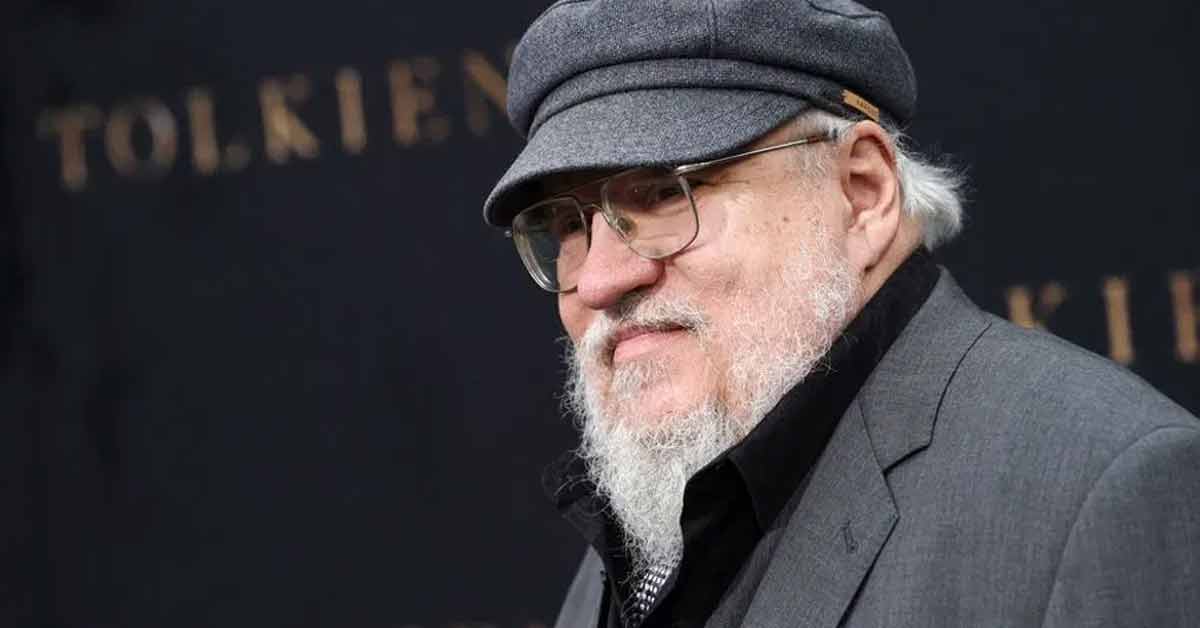Acclaimed authors are squaring off against OpenAI in what's shaping up to be one heck of a legal showdown. Believe me when I tell you, this isn't your typical courtroom drama. It's all about some heavyweight accusations, with copyright laws right in the center ring.
There's a close look at those fancy-sounding large language models (LLMs) and how they might be messing with the livelihoods of fiction writers.
It's not merely a legal dispute; it's a narrative that has the tech and AI community on high alert.
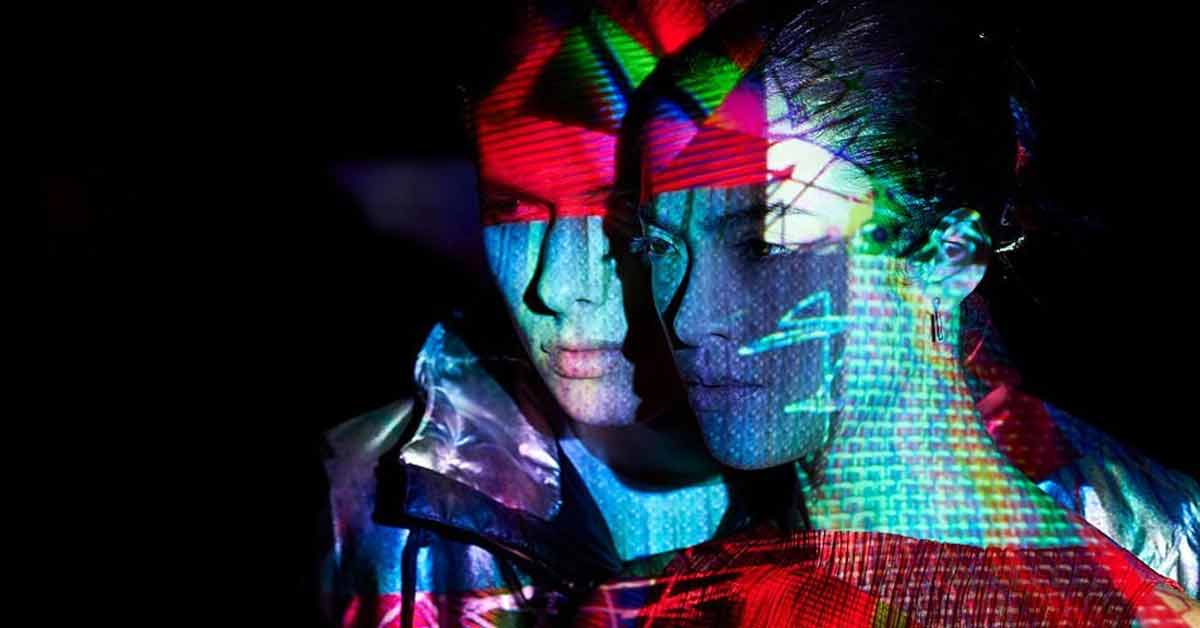
A Clash of Titans: Authors Guild vs. OpenAI
The protagonists in this narrative are none other than the renowned author George R.R. Martin and his peers, who are members of the esteemed Authors Guild. Alongside Martin, notable authors like Jonathan Franzen and John Grisham have joined forces to bring a formidable lawsuit against OpenAI.
The Authors Guild contends that OpenAI has embarked on a journey of training chatbots using works of fiction authored by real humans. This, they argue, has given rise to a "mass scale" issue where anyone can generate "texts that they would otherwise pay writers to create."
In essence, OpenAI's activities result in the production of derivative works that directly compete with the original creators' content, all without proper permission.
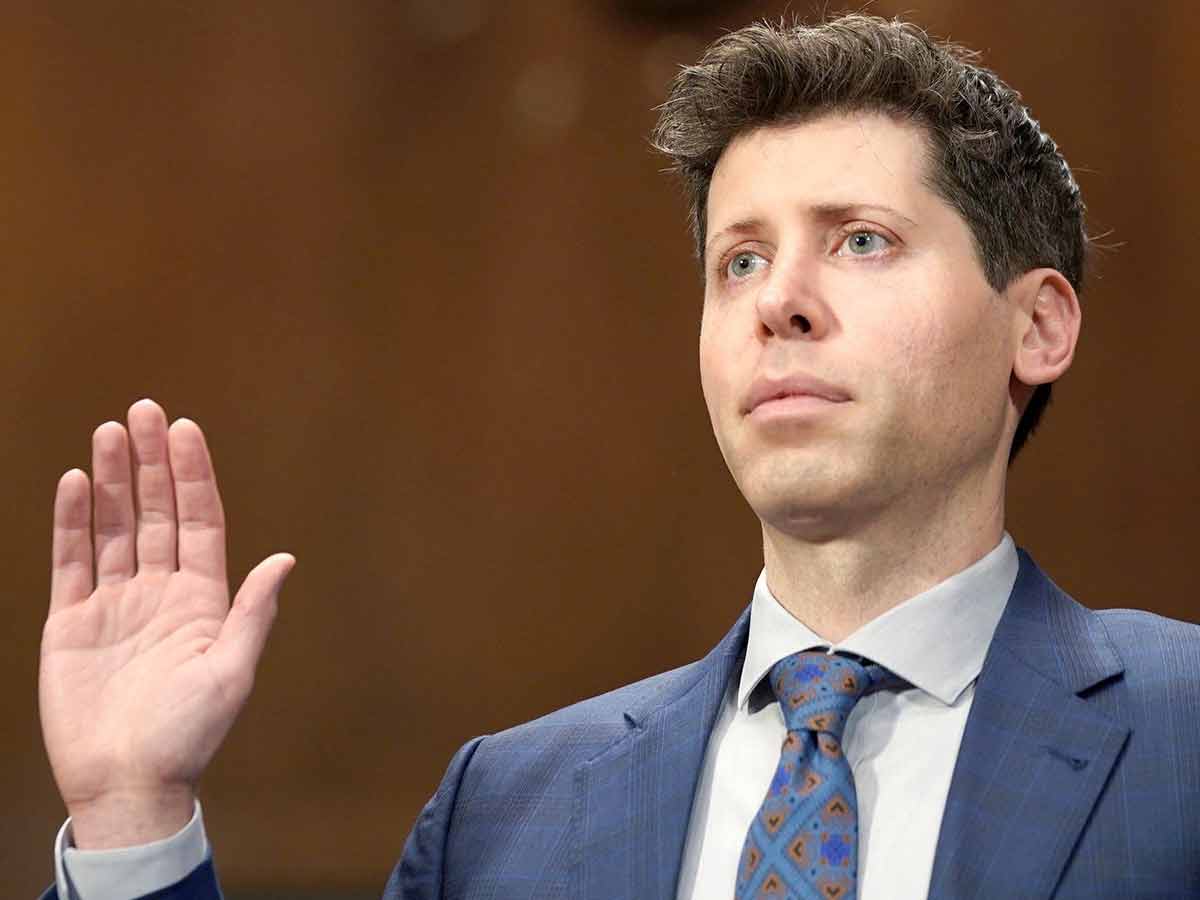
In the class action lawsuit, it's argued that OpenAI's activities infringe upon copyrighted material, possibly leading to authors losing out on their rightfully earned income.
It goes further to claim damages "for the lost opportunity to license their works and for the market usurpation" facilitated by OpenAI. The stakes are high, with renowned authors like David Baldacci, Mary Bly, Michael Connelly, Sylvia Day, and many others also joining the legal fray.
OpenAI's involvement continues after the creation of chatbots. The lawsuit contends that OpenAI has enabled third parties to establish profit-driven ventures through ChatGPT's application programming interface (API).
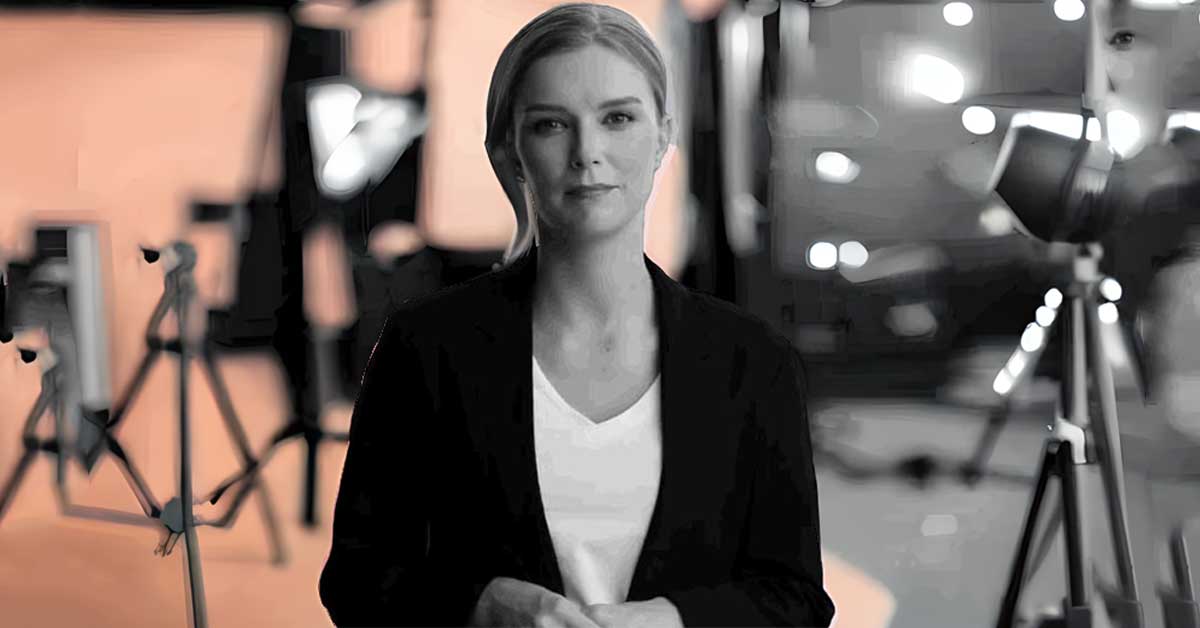
This interface seamlessly integrates into various websites, allowing users to copy authors' work and generate derivative content, exacerbating the woes of the authors.
The lawsuit paints a vivid picture of the AI-generated literary world that's emerging. Businesses like Socialdraft offer prompts that engage ChatGPT in "conversations" with popular fiction authors, such as Grisham and Martin, and even promise to help customers "Craft Bestselling Books with AI."
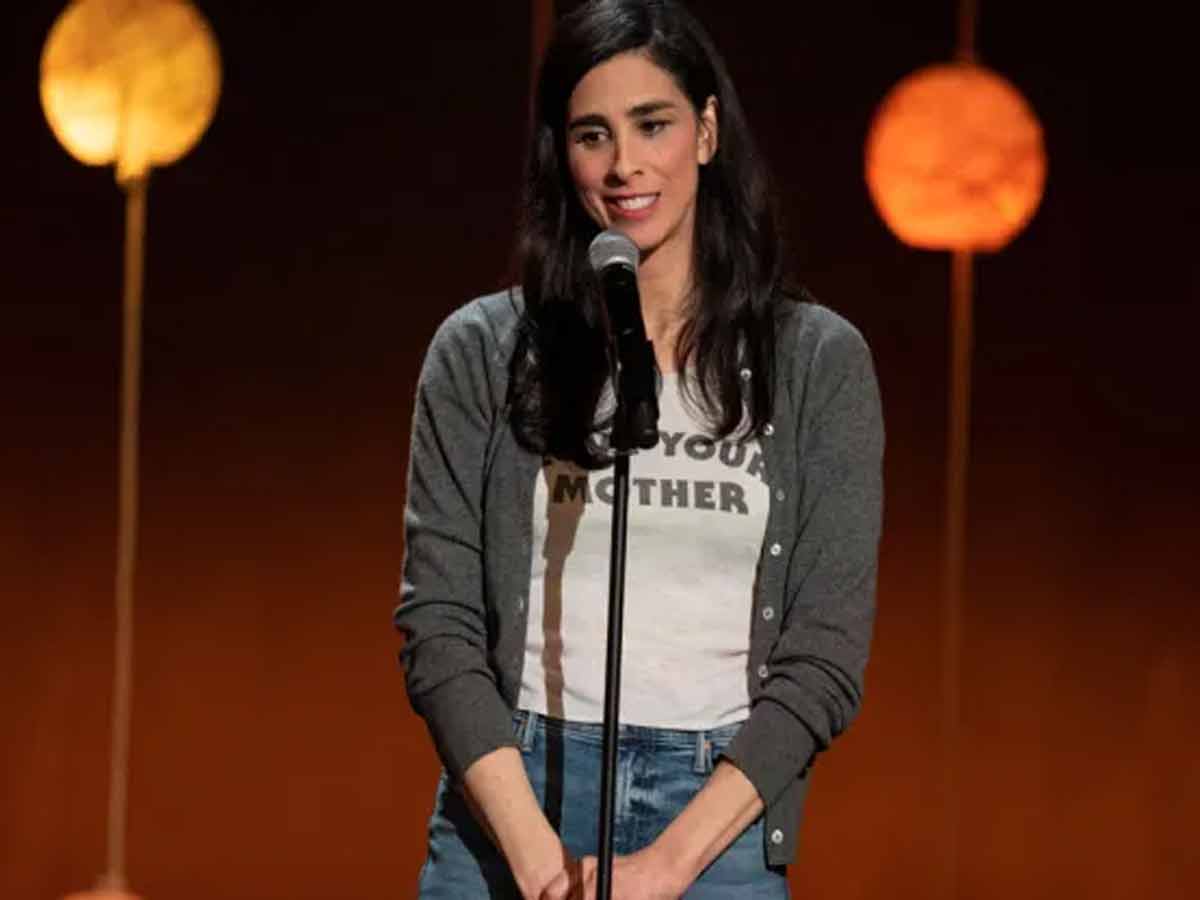
This phenomenon isn't exclusive to the Authors Guild's lawsuit; another suit involving comedian Sarah Silverman highlights similar concerns.
Seeking Justice: The Call for Permissions and Compensation
The crux of the matter revolves around the idea that OpenAI should obtain explicit permission from authors to use their works for language model training. Authors should rightfully be compensated for this transaction, ensuring a fair and just partnership between creators and AI innovators.
The Authors Guild seeks unspecified actual damages, but they are open to the possibility of statutory damages, which could amount to a substantial $150,000 for each infringed work, payable to the plaintiffs and class members.
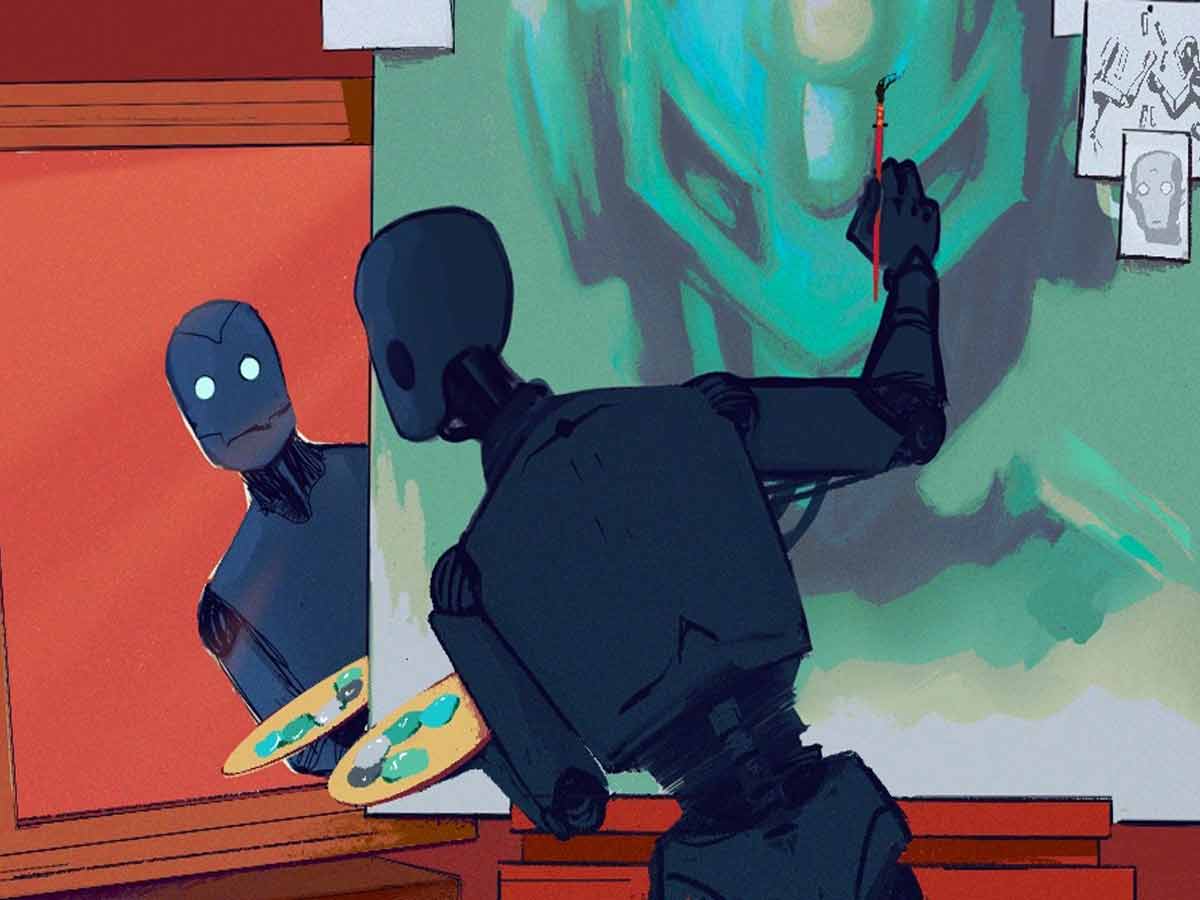
According to the Authors Guild, there's a claim that ChatGPT is being utilized to produce books that imitate the writing of well-known authors. A stark example cited is the attempt to create two unreleased volumes of George R.R. Martin's iconic Game of Thrones series, "A Song of Ice and Fire."
You know, I've got a hunch that we're in for one heck of a legal showdown right there in the good ol' federal court in New York. So here's the million-dollar question: Can AI truly replace the artistic flair of human authors, or is there a middle ground where collaboration can flourish?
When OpenAI got the request for comment from the Media giant, Forbes' OpenAI did not immediately respond.
